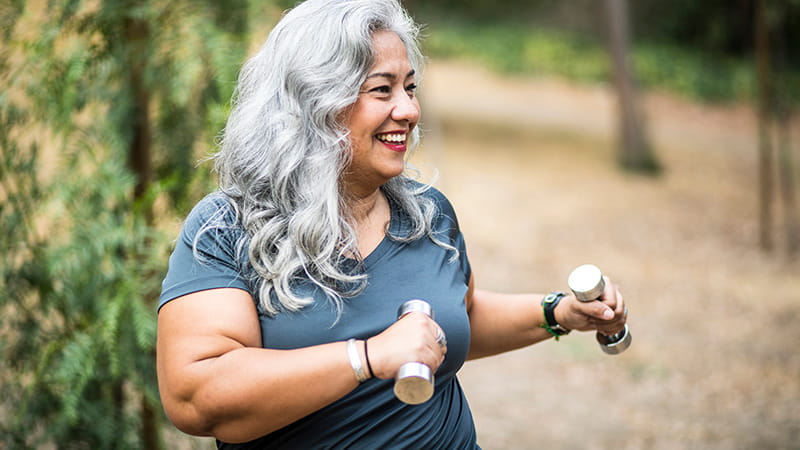Menopause and Heart Disease

Heart disease risk rises for everyone as they age, but for women symptoms can become more evident after the onset of menopause.
Menopause does not cause cardiovascular diseases. However, certain risk factors increase around the time of menopause and a high-fat diet, smoking or other unhealthy habits begun earlier in life can also take a toll, said Dr. Nieca Goldberg, a cardiologist and an American Heart Association volunteer.
“Menopause isn’t a disease. It’s a natural phase of a woman’s life cycle,” Dr. Goldberg said. “It’s important for women, as they approach menopause, to really take stock of their health.”
On average, the onset of menopause, when menstrual periods permanently stop, occurs around age 54, said Dr. Goldberg, medical director of the Joan H. Tisch Center for Women’s Health at New York University Langone Medical Center.
More than one in three female adults has some form of cardiovascular disease. An overall increase in heart attacks among women is seen about 10 years after menopause. Heart disease is the leading killer of women(link opens in new window).
Learn how estrogen and hormone therapy and menopause..
Strive for Heart Health
If you’ve followed a healthy lifestyle and continue doing so at menopause, your risk for heart disease and stroke is lower. Family history also contributes to your risk.
Women should take care of their heart through regular exercise and good nutrition and by eliminating unhealthy habits like smoking, which may contribute to early menopause, increase the risk of blood clots, decrease the flexibility of arteries and lower the levels of HDL cholesterol, Dr. Goldberg said.
To get the nutrients you need, the American Heart Association recommends eating a dietary pattern that emphasizes:
- fruits, vegetables,
- whole grains,
- low-fat dairy products,
- poultry, fish and nuts,
- while limiting red meat and sugary foods and beverages.
Women should aim for at least 150 minutes of physical activity each week to help prevent heart disease, and 300 minutes or more weekly for a significant weight loss program, depending on individual needs. Walking, cycling, dancing or swimming — activities that use larger muscles at low resistance — are good aerobic exercises, said Dr. Goldberg. And, she advised, don’t worry about how you look while exercising or whether you have fashionable workout clothes.
“You have to get over that,” she said, adding: “Do the activity that works for you.”
Learn more:






